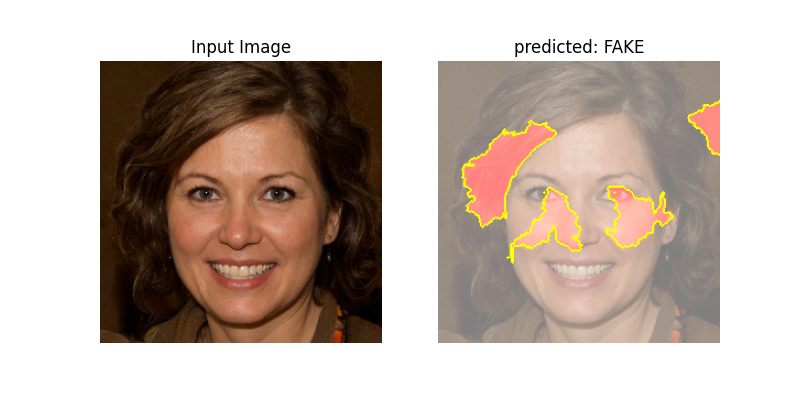Research & Development
Home -> Research & Development
Research and development within GADMO
Disinformation is no accident. It is deliberately spread via digital platforms and often contains deliberately faked texts, images or videos. Fact checkers therefore need specific skills and tools to verify such content. Scientific findings can support the detection of manipulations, uncover campaigns at an early stage and consequently combat them more effectively.
Several research teams are working on these challenges in the GADMO project: At the Austrian Institute of Technology (AIT) in Vienna, media forensic tools are being developed to find clues to fakes in audiovisual media. At TU Dortmund University, an interdisciplinary team from the fields of journalism and statistics is researching patterns that emerge in the spread of disinformation campaigns and analysing the main topics of German-language fact-checks over time.
Identification of manipulated images and videos
The main goal of the AIT research team is to develop assistance systems that can be used in newsrooms for the semi-automatic detection of manipulated content. The focus is primarily on images and videos as well as approaches based on learning algorithms (AI). Thus, the aim is to enable even extensive data sets to be examined to see whether data traces of manipulations or synthetically generated content can be found in them. How these results can be communicated in an understandable and transparent way is also part of the AIT research project.

Monitoring disinformation campaigns
Due to the strategic use of disinformation, it can be assumed that its dissemination dynamics are fundamentally different from those of regular news. The interdisciplinary team at TU Dortmund University is using network analyses and other statistical methods to systematically analyse this dynamic and describe its characteristics more precisely. The goal is to gain new insights into the process of dissemination and to identify typical patterns. Ideally, the monitoring of social media platforms could be supported automatically with the help of these results.
Evaluation of German-language fact checks
Fact checks have only emerged as an original format in German-language newsrooms in the last few years. The research team at TU Dortmund University focuses on the current journalistic practice and examines thematic key areas and content-related developments. For this purpose, the team is evaluating the corpus of published fact checks of the project partners using qualitative and quantitative methods to analyse large text data sets. The evaluation is intended to contribute to understanding the fact check format and its characteristics and to identify potential ways to optimise the current practice.


